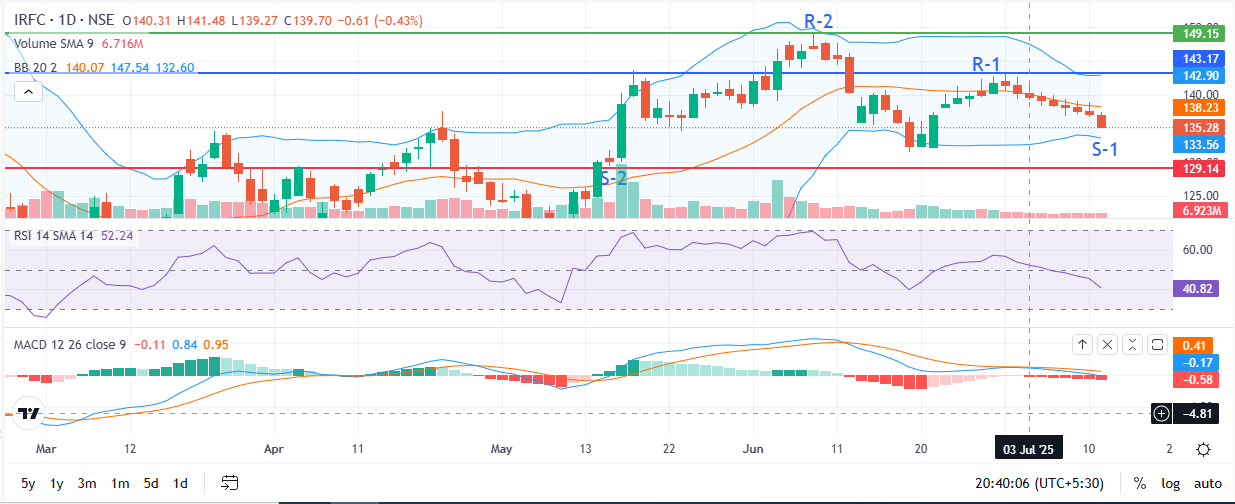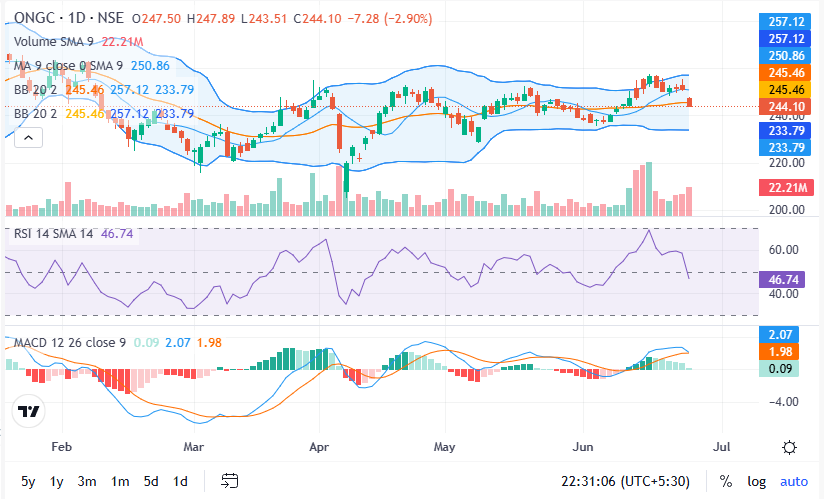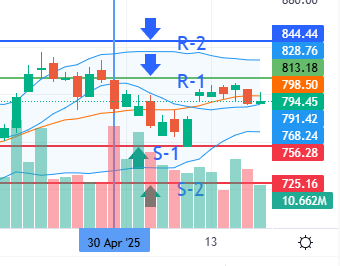With one of the quickest rates of growth in the world, the Indian stock market draws both novice and experienced investors. Anyone starting out in finance or investing must have a solid understanding of how the Indian stock market functions. The National Stock Exchange (NSE) and the Bombay Stock Exchange (BSE) are the two main stock exchanges at the center of this ecosystem.
Both have distinct qualities and functions, even though they both facilitate the purchase and sale of equity shares and other securities. The distinctions between the NSE and BSE will be discussed in this article, along with how each operates in the Indian financial system.
A stock exchange: what is it?
Investors can purchase and sell financial products such as bonds, mutual funds, equity shares, and derivatives on a stock exchange, which is a regulated marketplace. The Securities and Exchange Board of India (SEBI) oversees the two main exchanges in India, the NSE and the BSE.
An Overview of the NSE and BSE
- The Bombay Stock Exchange (BSE)
Was established in 1875.
Head Office: Mumbai
Index: Sensitive Index, or Sensex
As the oldest stock exchange in Asia, the BSE has been instrumental in the growth of India’s capital market. It boasts one of the most listings in the world, with more than 5,000 companies listed. Its benchmark index, the Sensex, monitors the performance of thirty actively traded, financially sound companies.
2. The NSE, or National Stock Exchange
Established: 1992
Head Office: Mumbai
Nifty 50 index
The NSE is credited for introducing technology, speed, and transparency to the Indian stock market. It was the first Indian exchange to provide a trading system that was entirely electronic. Its benchmark index, the Nifty 50, is a weighted average of the 50 biggest Indian corporations that are listed on the exchange.
| Feature | NSE | BSE |
| Year Established | 1992 | 1875 |
| Benchmark Index | Nifty 50 | Sensex |
| Technology | Fully automated electronic system | Modernized but came after NSE |
| Number of Listings | Around 2,000+ | Over 5,000+ |
| Trading Volume | Higher | Lower compared to NSE |
| Preferred By | Institutional investors, traders | Long-term investors |
How NSE and BSE Trading Operates
Both exchanges are open Monday through Friday from 9:15 AM to 3:30 PM (IST). Because trading is done electronically, brokers or online trading platforms are used by buyers and sellers to place their orders.
This is a condensed explanation of the system’s operation:
Opening an Account: Investors are required to open both a trading and a Demat account.
Ordering: Brokers are used to place orders for the purchase or sale of equity shares.
Order Matching: Buy and sell orders are matched by the exchange’s system.
Transaction Confirmation: A confirmation is given when the trade is conducted after it has been matched.
Settlement: The following day, shares and funds are traded in accordance with the Tplus1 cycle (Trade day + 1 business day).
Which Is Better, the NSE or the BSE?
Consider the following elements when deciding whether to trade on the NSE or BSE:
Volume and Liquidity
Trading volumes on the NSE are often greater, particularly for derivatives like futures and options. This increases your chances of finding buyers and vendors fast.
Availability of Stock
The majority of large corporations are listed on both exchanges, however because of the BSE’s larger listing base, some smaller companies may only be available there.
Variations in Prices
The price of the same stock is usually almost the same on both exchanges. However, due to variances in supply and demand, there can be slight discrepancies.
Function within the Indian investment and finance ecosystem
The NSE and BSE are essential components of India’s financial system since they:
supplying funds to companies via bonds and equity shares
Providing a regulated investment platform
Improving market transparency and liquidity
facilitating effective capital allocation in order to support the larger Indian economy.
Making wise investing decisions for novice investors requires an awareness of how these exchanges function.
Concluding remarks
The two mainstays of the Indian stock market, the NSE and BSE, each have a long history and special benefits. The BSE offers more firm coverage and historic value, whereas the NSE is renowned for its quickness and liquidity. You don’t have to pick between them as an investor; as long as you know the differences, you can buy stocks listed on either market.
You’re already making a significant step toward making more thoughtful and smart financial and investing decisions by being familiar with how these exchanges operate.
Note: This is not advice on investments.
To improve your financial journey, continue following NexGen Trade for more approachable insights into the Indian stock market, astute investing advice, and real-time updates.




